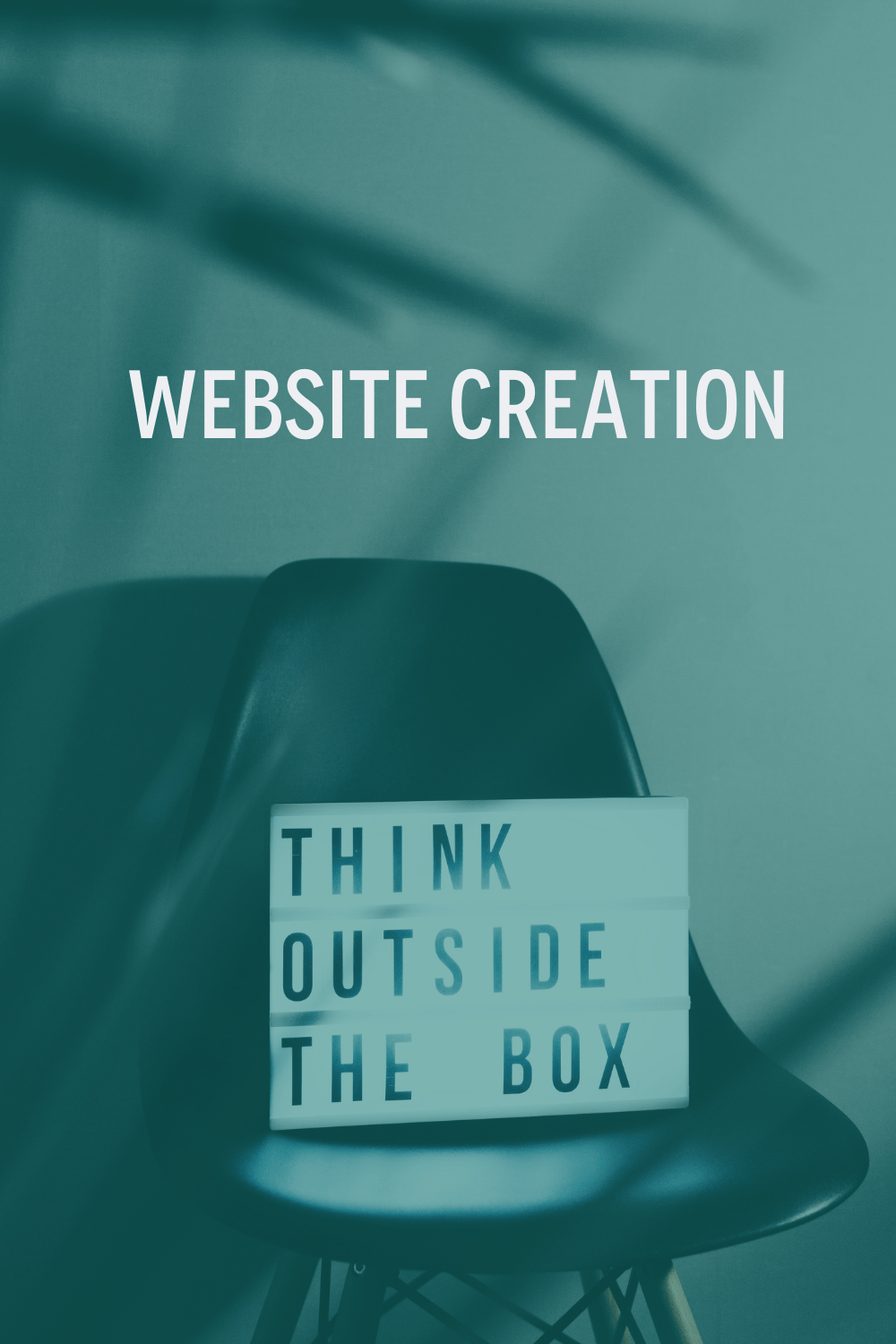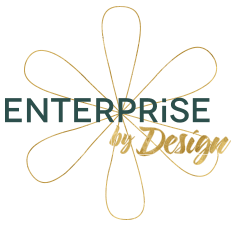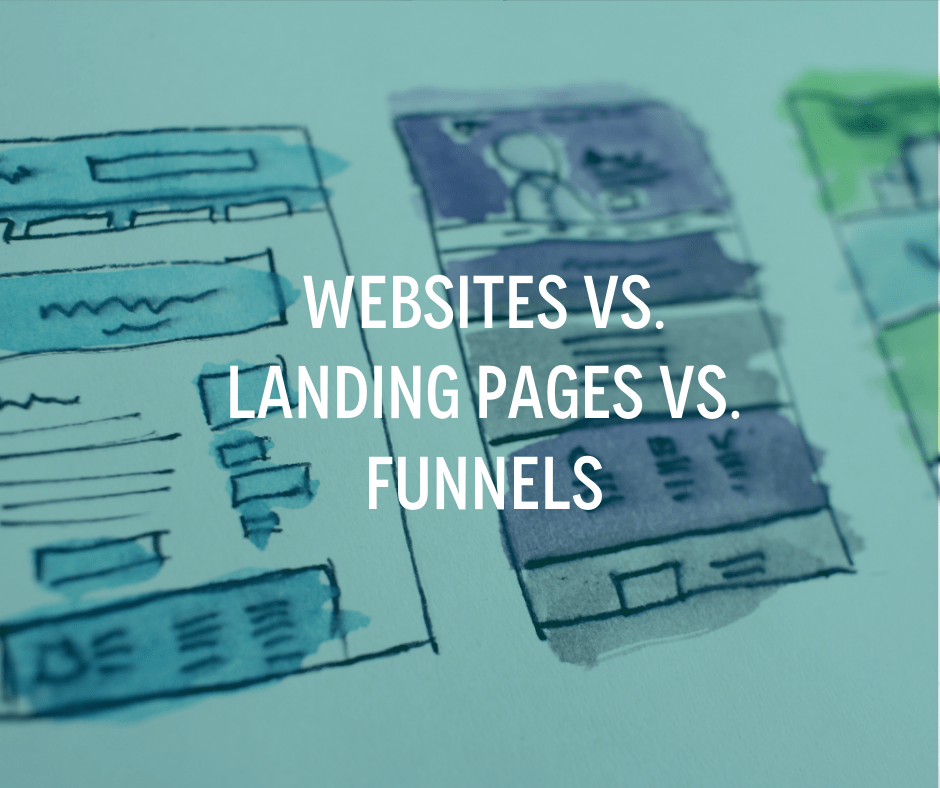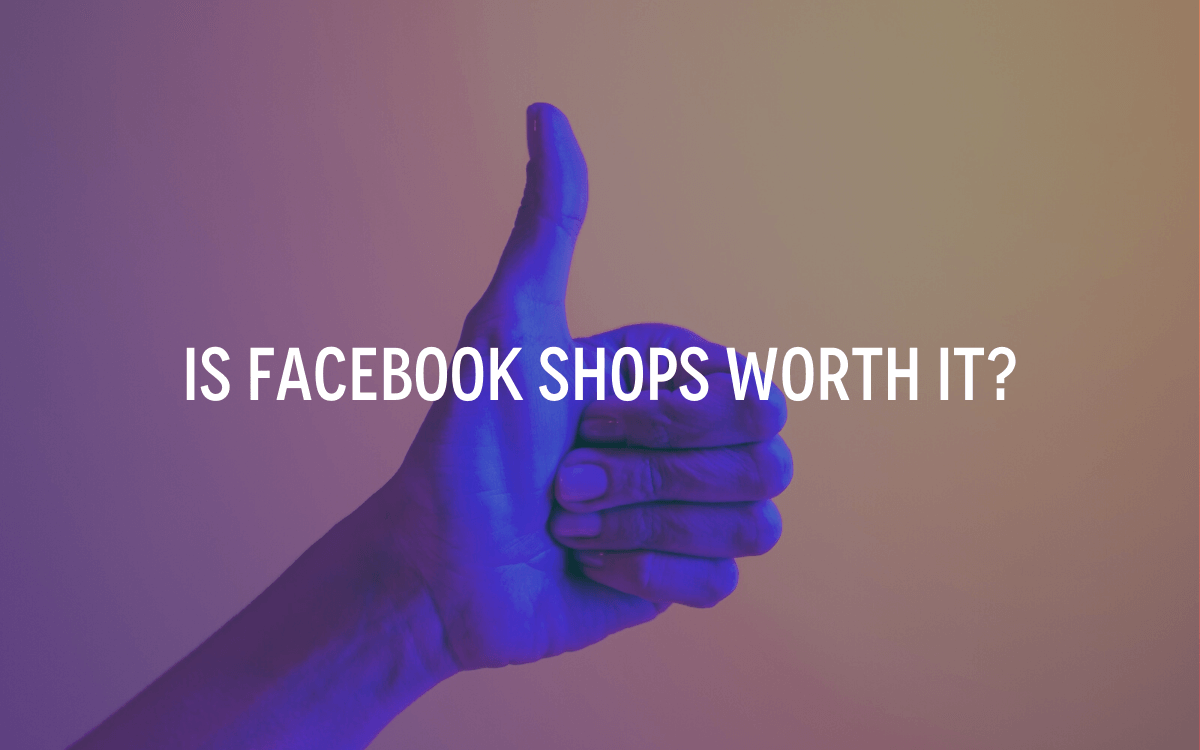Starting your own website may sound like a daunting task but it doesn’t need to be. How do I even start you may ask yourself. Doing it without the knowledge will be challenging and that’s where I come in (drumrolls please). So no need to fret. It’s as simple as having a plan and doing it.
Domain Name
Of course we have to start at a domain name. This is what comes up when anyone searches your site. Consider the kind of name you have. If you don’t have one, you can always create a list of potential names from the web. Before you commit to a name, look it up to see if what you chose is available. Ensure the name you choose is relevant to your site, short but sweet and easy to remember.
With choosing a domain name comes choosing an extension for it. There are many types of extensions and you should ensure you know the key terms, restrictions of these extensions and your use for those you chose (.au must have close connection to Registered business name or ABN, .com can be anything as long as it is available, .net was intended for networks but can be used for commercial purposes, .org is usually used for non profits etc.)
Tips for figuring our what is best for you is research! Research! Research! Take the time to figure out what will suit you best.

Functionality
Something else to consider is your site’s function. Choice is dependent on set purpose; be it selling your products to it being an introduction to your online consultancy. Take note of what differentiates your work from competition. Goes without saying to highlight this in your site. Any points of differences are key at this point.
Try to gain more perspective on how you want your site to look like. Take a dive on the web and make notes on the sites that you think work great or those you love and even more importantly why you like them. While you are doing this, you may encounter those that you hate or don’t think work. Take the time to also note why you may dislike those sites and some improvements that can be implemented to make the sites better. You can use these notes when establishing your site with the added perspective of what you find works.
Not often mentioned is to consider the projected scale of your site in the future. Do you intend to expand your business? It is needed when structuring sites to enable you have room to totally rebuild your site when that time comes. This can also help with determining what level you want your site to be built at. It can be basic e.g. an online business card with no other function than email contacts to a complex one with an inbuilt store.
Technical stuff
This then leads us into the more technical side of things. The kind of content you have in the first place determines how often it will change. You need to consider who will implement these changes; if you will do it yourself or need a designer and to ascertain whether CMS is required. Ask yourself what your tech skill level is before embarking on doing it yourself. You may also have a need for add-ons like a shopping cart, an email list, regular mail outs/newsletters (to promote specials, vouchers or events)
You may easily forget your audience. Factor in their demographics and geographical locations. When considering them, think about the kind of content they are more receptive to, the delivery of said content and never forget to promote yourself. Feature any existing brand you may have and anything you might want to promote. Don’t leave out any particular awards or feel good stuff from media. This sort of thing is really great for websites!
When all your work is researched and you know what you want, you need to set a budget for your site. It may be a bit uncomfortable but essential when creating a site. You don’t want to under budget or spend too much on a site that you could have accomplished for less. Golden rule is that the more complex you expect the site to be the more expensive it will tend to be.
Timeline
The same goes for creating a timeline. Have in mind whether the site needs to be ready at a specific time e.g. for a product launch or maybe it’s for a long term project. Whatever your timeline is, always have it in mind when starting your site off to avoid rush jobs and to have enough time to also accommodate changes, if any, before your launch.
Finally, you are good to go. Cheers on your journey towards creating your own site and all the best!






